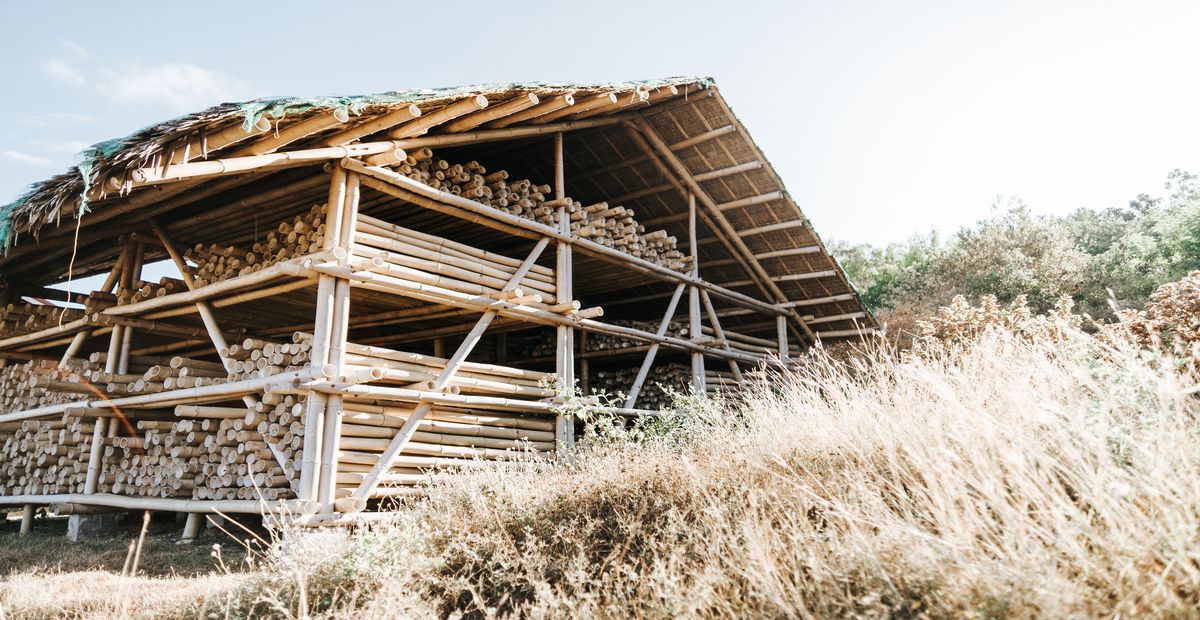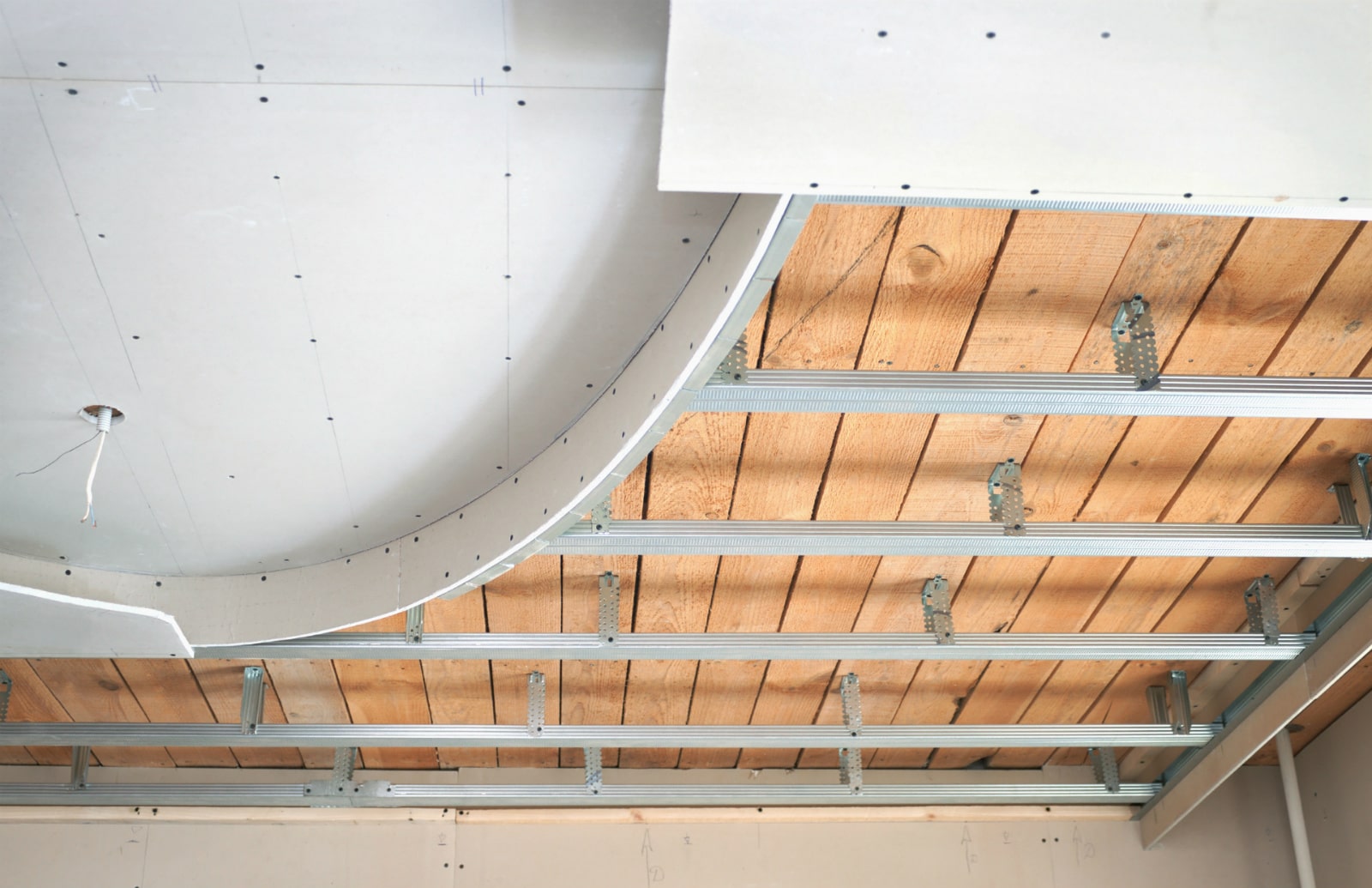Hardwood has long been renowned for its exceptional strength and durability, making it a preferred choice for various applications. From furniture to flooring, its robustness and longevity have made it a staple in many industries. But what exactly makes hardwood so strong? In this blog post, we will delve into the intricate details of hardwood's composition, explore its unique characteristics, and uncover the reasons behind its unparalleled strength.
- The Anatomy of Hardwood:
Hardwood, unlike its counterpart softwood, is derived from angiosperm trees, which are known for their complex cellular structure. The intricate arrangement of cells within hardwood contributes significantly to its strength. The presence of vessels and fibers, along with the dense growth rings, enhances its load-bearing capacity and resistance to external forces. - Dense Cell Structure:
One of the primary reasons for hardwood's strength lies in its dense cell structure. The tightly packed cells, composed of cellulose, hemicellulose, and lignin, provide a sturdy framework. This structural integrity enables hardwood to withstand immense pressure, making it ideal for applications requiring durability and longevity. - High Density:
Hardwood possesses a higher density compared to softwood, which further contributes to its strength. The increased density results from the slower growth rate of hardwood trees, leading to tighter growth rings and a higher concentration of wood fibers. This density enhances its resistance to wear, impact, and deformation, making hardwood an excellent choice for high-traffic areas. - Natural Resins and Extractives:
Certain hardwood species contain natural resins and extractives that enhance their strength and resistance to decay. These compounds act as natural preservatives, protecting the wood from fungal and insect attacks. Additionally, they contribute to the overall hardness and durability of hardwood, ensuring its longevity even in challenging environments. - Grain Orientation:
The unique grain pattern found in hardwood plays a crucial role in its strength. The alignment of wood fibers along the grain direction provides additional reinforcement, making hardwood less prone to splitting or breaking. This inherent characteristic allows hardwood to withstand heavy loads and external stresses, making it an ideal choice for structural applications. - Moisture Content:
The moisture content of hardwood significantly affects its strength. Properly dried hardwood has a lower moisture content, reducing the risk of warping, shrinking, or swelling. By minimizing the impact of moisture, hardwood maintains its structural integrity over time, ensuring its strength remains intact.
Conclusion:
The exceptional strength of hardwood stems from its intricate cellular structure, high density, natural resins, and extractives, as well as its unique grain orientation. These factors collectively contribute to its ability to withstand external forces, making it a reliable and long-lasting material. Whether in construction, furniture, or flooring, hardwood's strength remains unparalleled. Understanding the secrets behind its resilience allows us to appreciate its value and make informed decisions when choosing materials for various applications.

